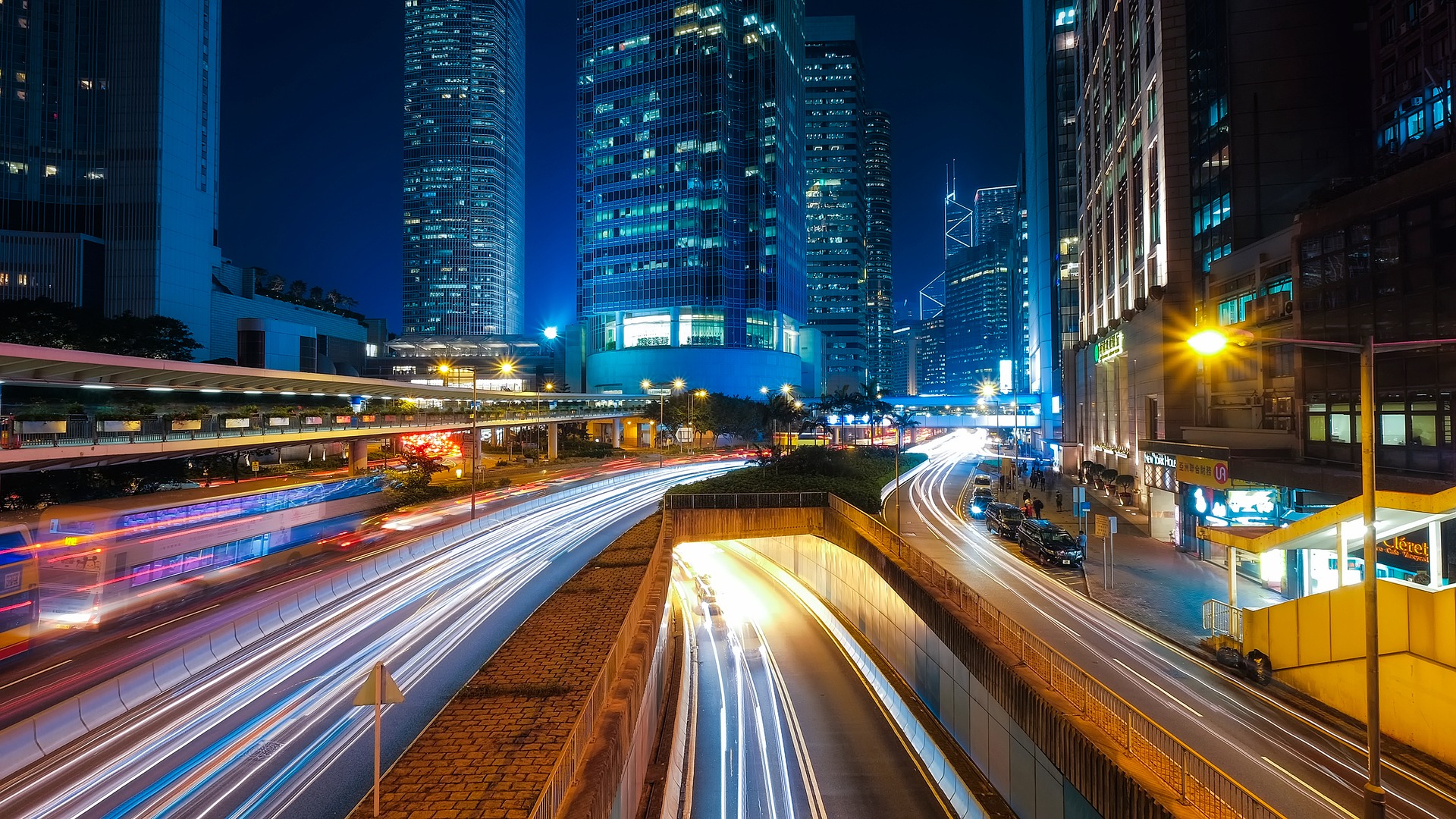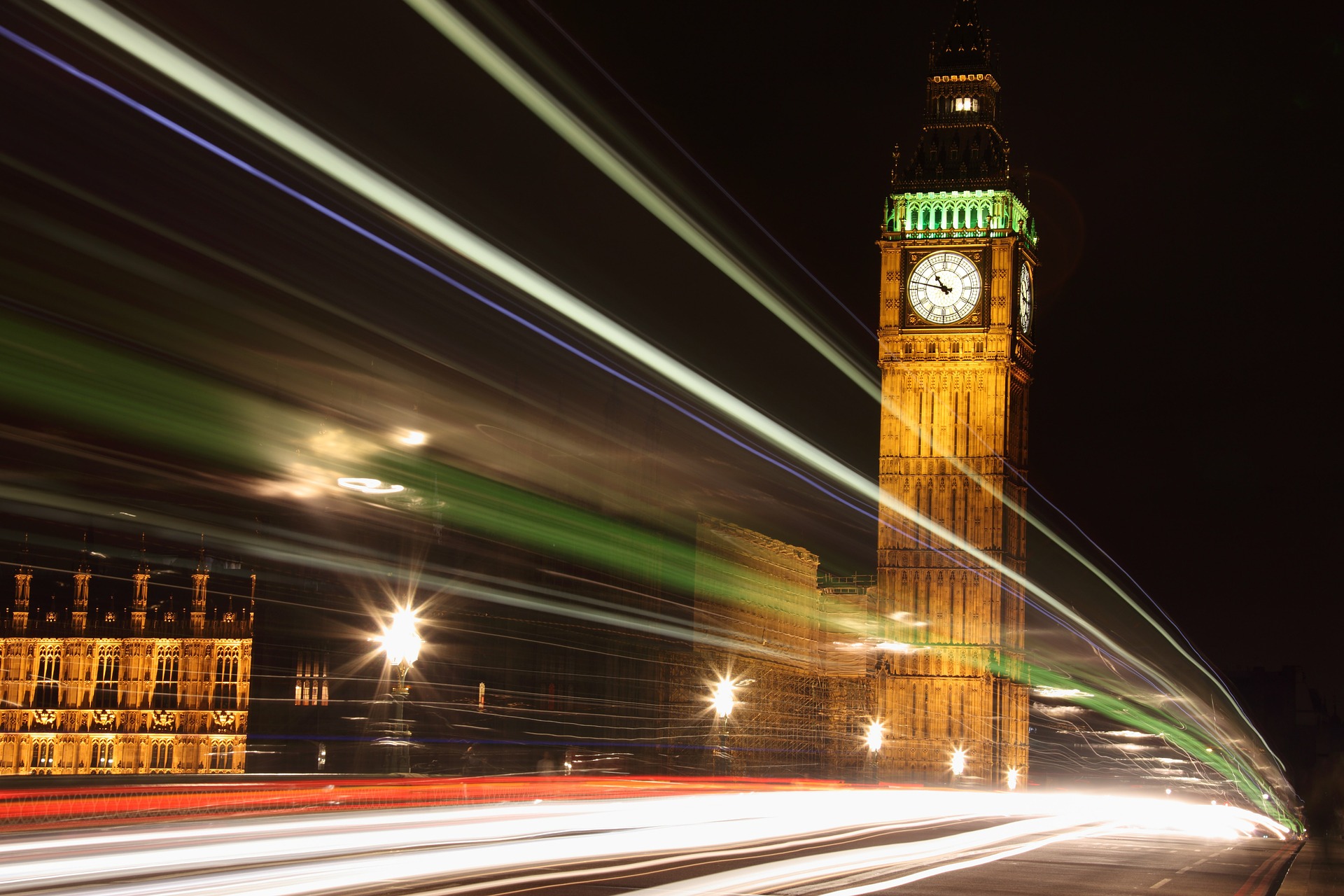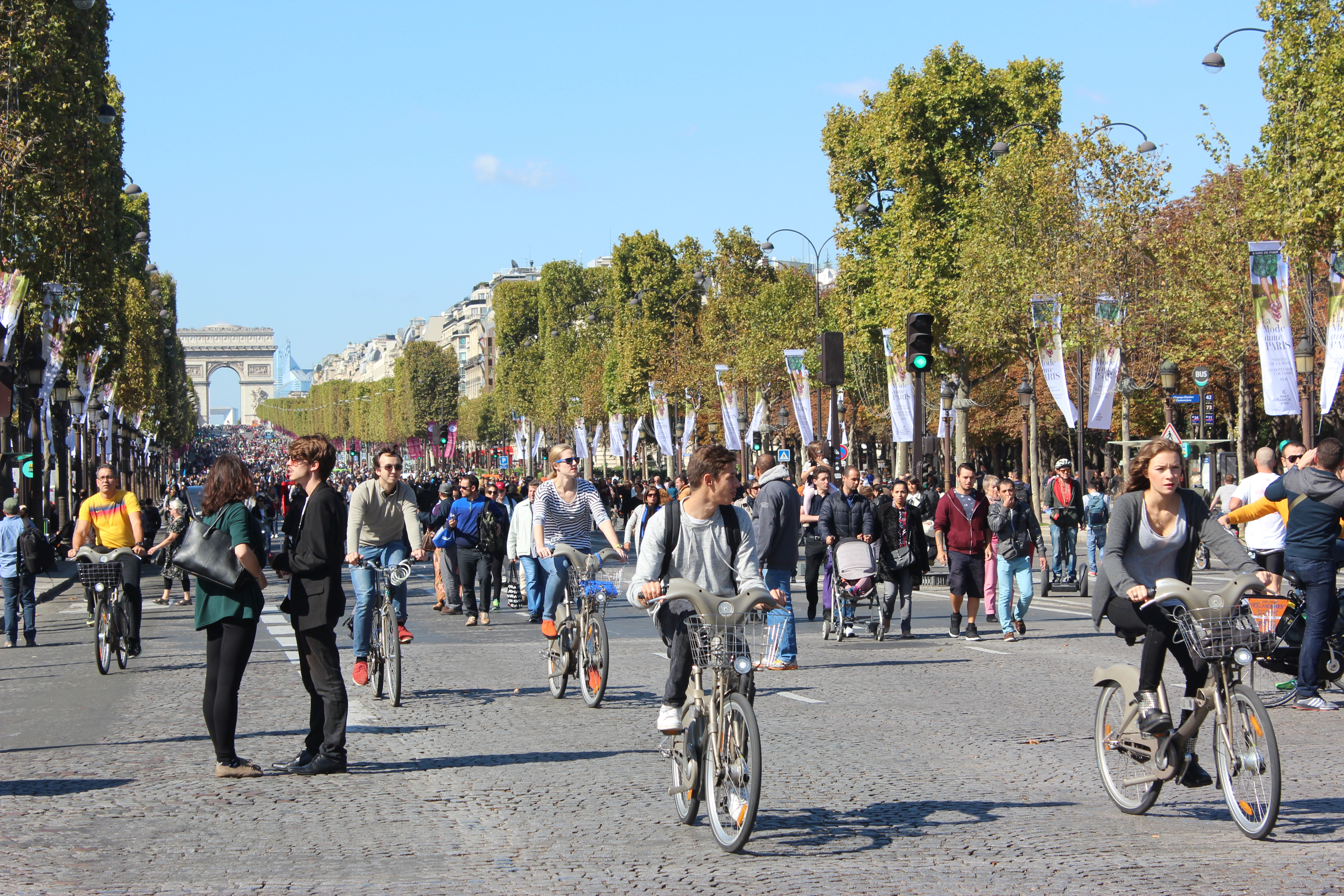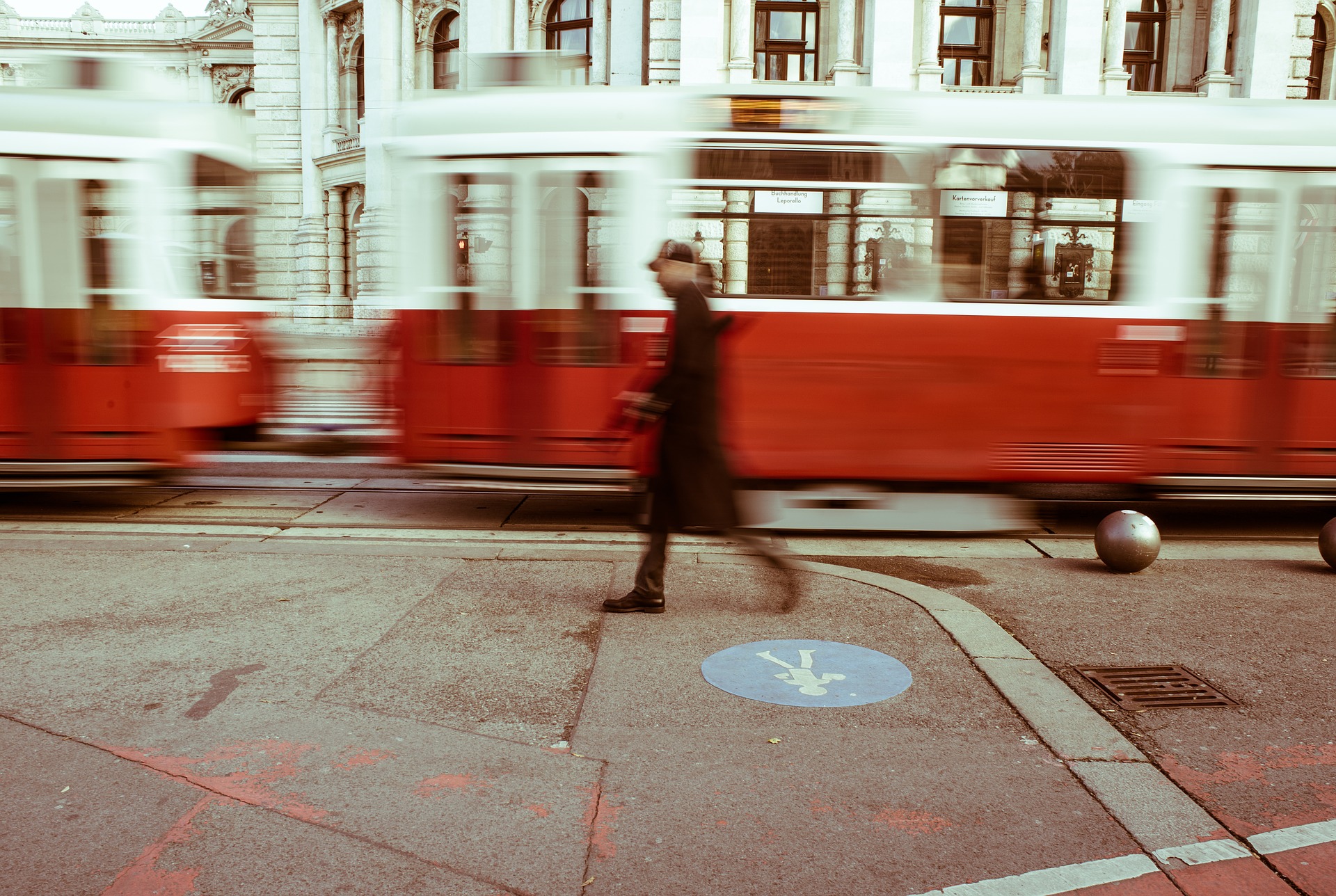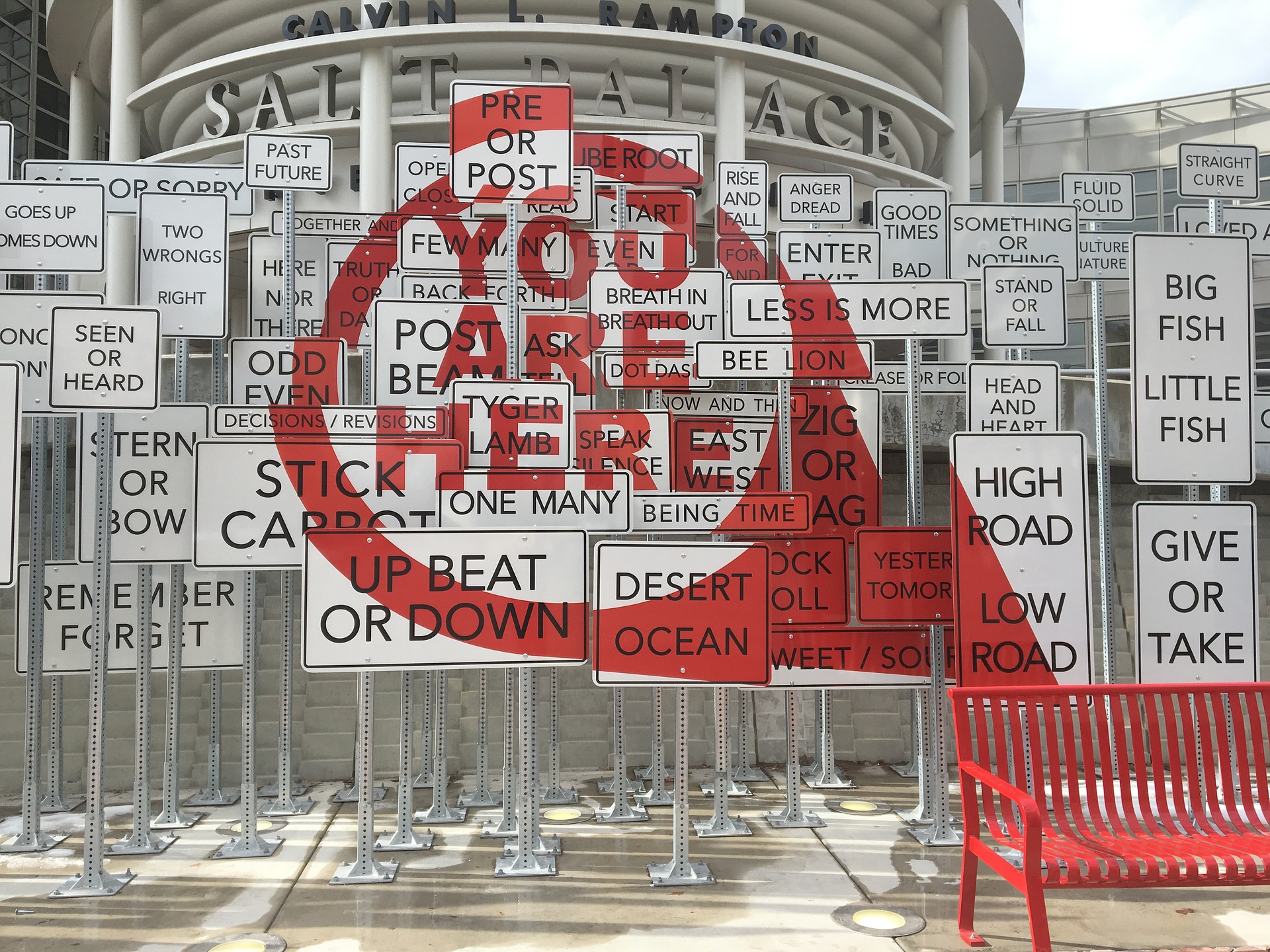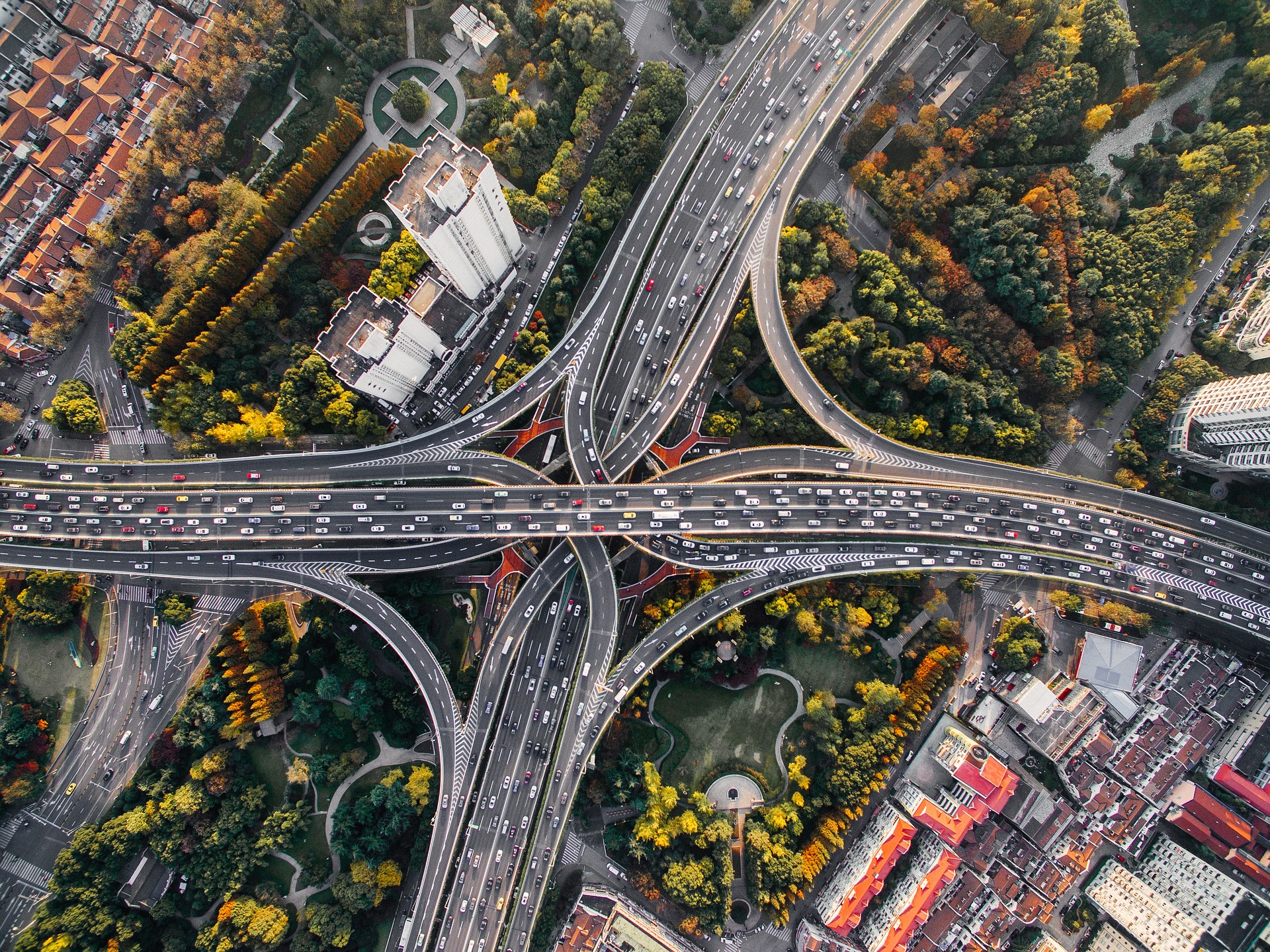Nov 16, 2015
Today, the New Cities Foundation launched our new Global Urban Innovators initiative! We are calling for applications to find the 10 most innovative startups and social enterprises that use technology to tackle the biggest urban challenges of our time. This program is specially designed to identify pioneering urban innovations and to help scale their project…
Oct 27, 2015
On Wednesday, 14 October 2015 NewCities welcomed about 150 of the most forward thinking practitioners from economics, policy, sociology, architecture and design, finance and technology to discuss the changing nature of urban mobility at Cities on the Move. The event was hosted by Google at their London headquarters, with support from Ericsson and Transdev. “Conversations…
Oct 13, 2015
Once upon a time, the World of mobility was simple. There was Good and there was Evil. The train was Good. High-tech, ecofriendly, safe. Collective. The car was Evil. Selfish, polluting and dangerous. Yet, we have never really stopped loving the car; the symbol of freedom from the time of our youth. Even though this…
Oct 13, 2015
Do you remember when phones were only for making calls? Soon we will be asking the same question about connected cars: Do you remember when cars were just for driving? Today the same connectivity that transformed mobile devices is being embedded throughout transport infrastructure – in vehicles, streetlights, road sensors, management systems, tollbooths and more.…
Oct 05, 2015
People are the heartbeat of every city, and need to be at the centre of its transport and mobility infrastructure. Non-motorised transport has significant health and environmental benefits, helping to reduce pollution levels and promote physical activity. However, when compared to motorised road users, pedestrians and cyclists are particularly vulnerable. Thus, there are strong safety…
Sep 23, 2015
When it comes to building better transport of tomorrow, we need to be mistrustful of short-term fixes. Today what we need are truly radical innovations, and I believe these will be found in the sharing economy – or more specifically in the commons. It is astonishing to witness how many large companies still operate in…
Sep 21, 2015
Urbanization cannot happen in a vacuum. Cities need to provide basic infrastructure services—clean water, sewage, roads, electricity, telecommunications, to name a few—to support the basic livelihood of their citizens and businesses. At US$57 trillion in total and almost 5 per cent of Gross World Product every year from now until 2030, infrastructure funding needs are…
Sep 16, 2015
Industrial channels and mobility practices are changing at an unprecedented pace throughout the world. In a time span of just a few years, a host of startups have come onto the scene, shaking up the value chain and competing with established ways of working. They form a unique relationship with their individual users by offering…
Sep 10, 2015
Sport mega-events like the Olympics have a unique character in that they are usually administered by organizations outside of the host country. In the past, host cities have typically focused on the requirements of these external organizations and hoped that secondary benefits would filter through to the local community. However, numerous factors such as the…
Sep 09, 2015
The Need for the Olympics When we look back at the history of the Olympic Games, in particular, the spatial dimension of past host cities, we can find many Olympic Parks in which various sports stadia and other Olympic facilities were concentrated. These Olympic Parks not only have sports facilities, but also vast open spaces…
Sep 08, 2015
This post is part of our Seizing the Urban Moment discussion series, following the fourth edition of the New Cities Summit in Jakarta in June 2015. There is a very big drop-off between the labor pool of major cities and secondary cities. Parag Khanna, Managing Partner, Hybrid Reality Pte Ltd Midsize cities will account for…
Sep 01, 2015
As one million people move to cities each week, urban transport systems are being tested more than ever before. Meanwhile, technological innovations, depleted energy supplies, economical shifts, lifestyle changes and the evolution of urban design are all affecting urban mobility needs. How can cities find and implement new solutions to the mobility challenge? How could…
